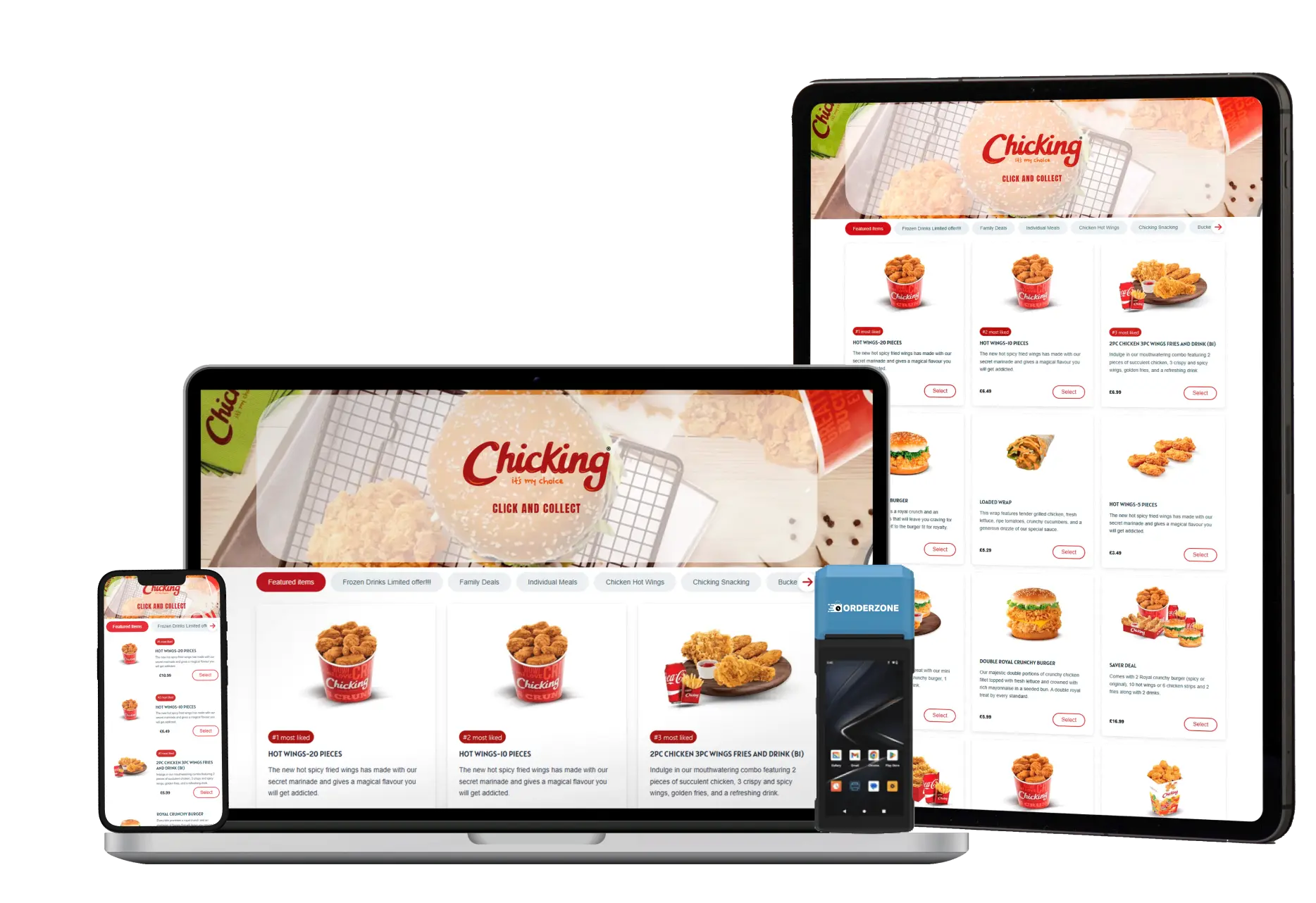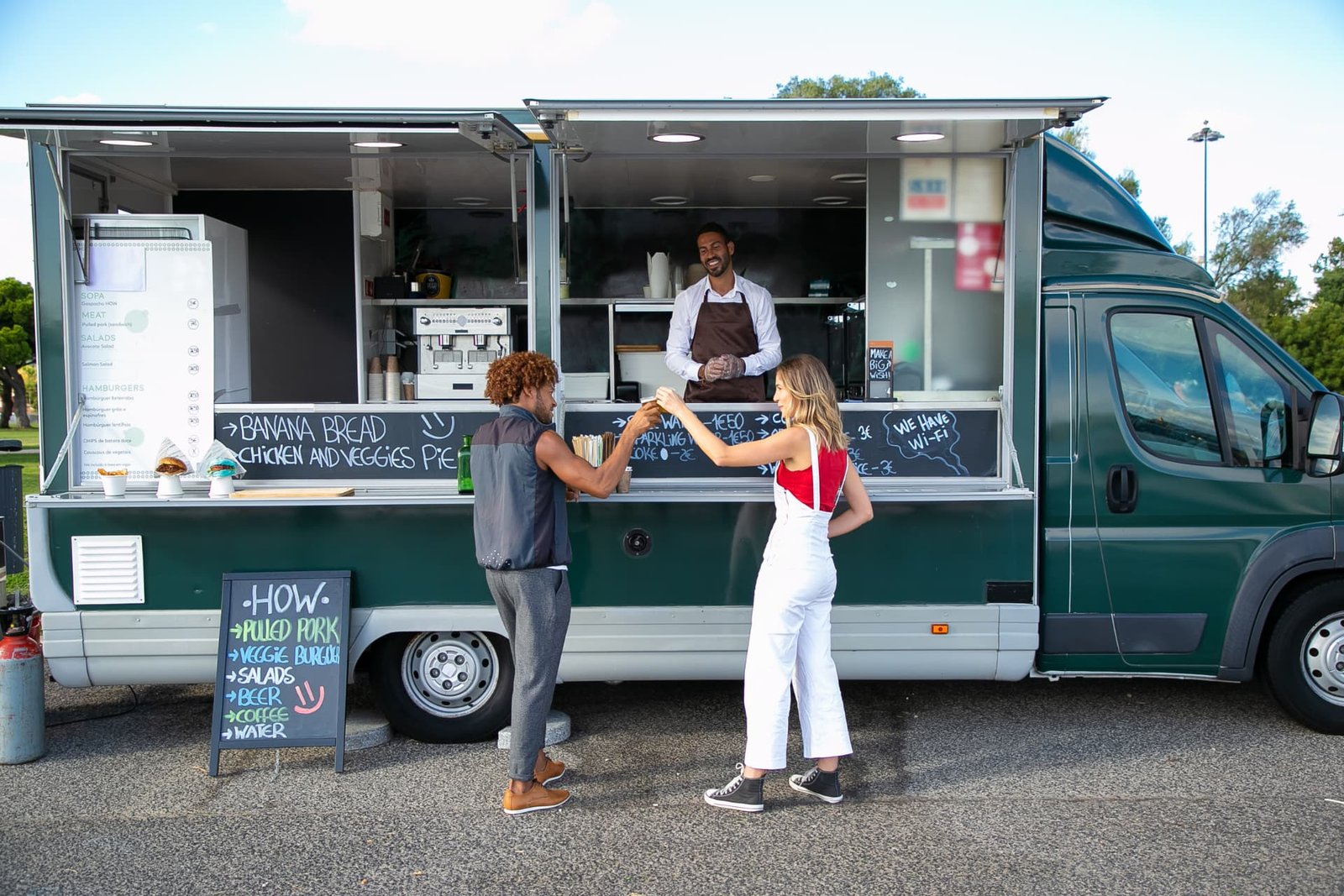A food truck is basically a restaurant on wheels. It sells food and potables from a mobile truck or caravan. Food exchanges can travel to different locales and serve a variety of guests. They serve a wide variety of foods and have gained appeal in recent years. However, what is needed, and how important it costs, If you are wondering how to start a food truck. In this post you will learn how to Start a Food Truck Business!
What makes people start their own food truck businesses?
Flexibility and Mobility: Food trucks allow food truck proprietors to transport their culinary masterpieces to other locales. This flexibility allows them to attend festivals, concerts, and other gatherings where they may reach their target demographic.
Affordable Startup Costs: When comparing the launch costs of a regular brick-and-mortar restaurant to those of a food truck, it is clear that the former is less expensive. It is an appealing company concept when you have limited finance sources.
Culinary Creativity and Innovation: Food trucks enable small company owners to experiment with different recipes and flavors, exploring new cuisine kinds and determining what clients expect and want.
Community Engagement and Event Participation: Food trucks have become a significant element of the local community. They participate in neighborhood events, volunteer for local projects, and contribute to the area’s vibrant food scene. Food truck operators appreciate getting involved in the community and gaining its support, which feels great for them.
A possibility to test a new concept: A food truck is an interesting business concept that allows you to see if you are ready to run a restaurant with low initial expenditures. Many food truck owners begin with a food truck, testing several cuisines and dishes to determine whether the restaurant industry is for them.
What are the food truck startup costs?
Determining the launch costs for a food truck business requires taking into account a number of elements, including location-specific fees and variable one-time costs. In general, the monthly maintenance and operational costs of a food truck business might be several thousand dollars. These costs include a variety of factors, such as
- Food and beverage expenses,
- Labor costs
- Licenses and permits,
- Truck-related expenses
- Marketing and promotional expenses
- Insurance
- Commissary fees
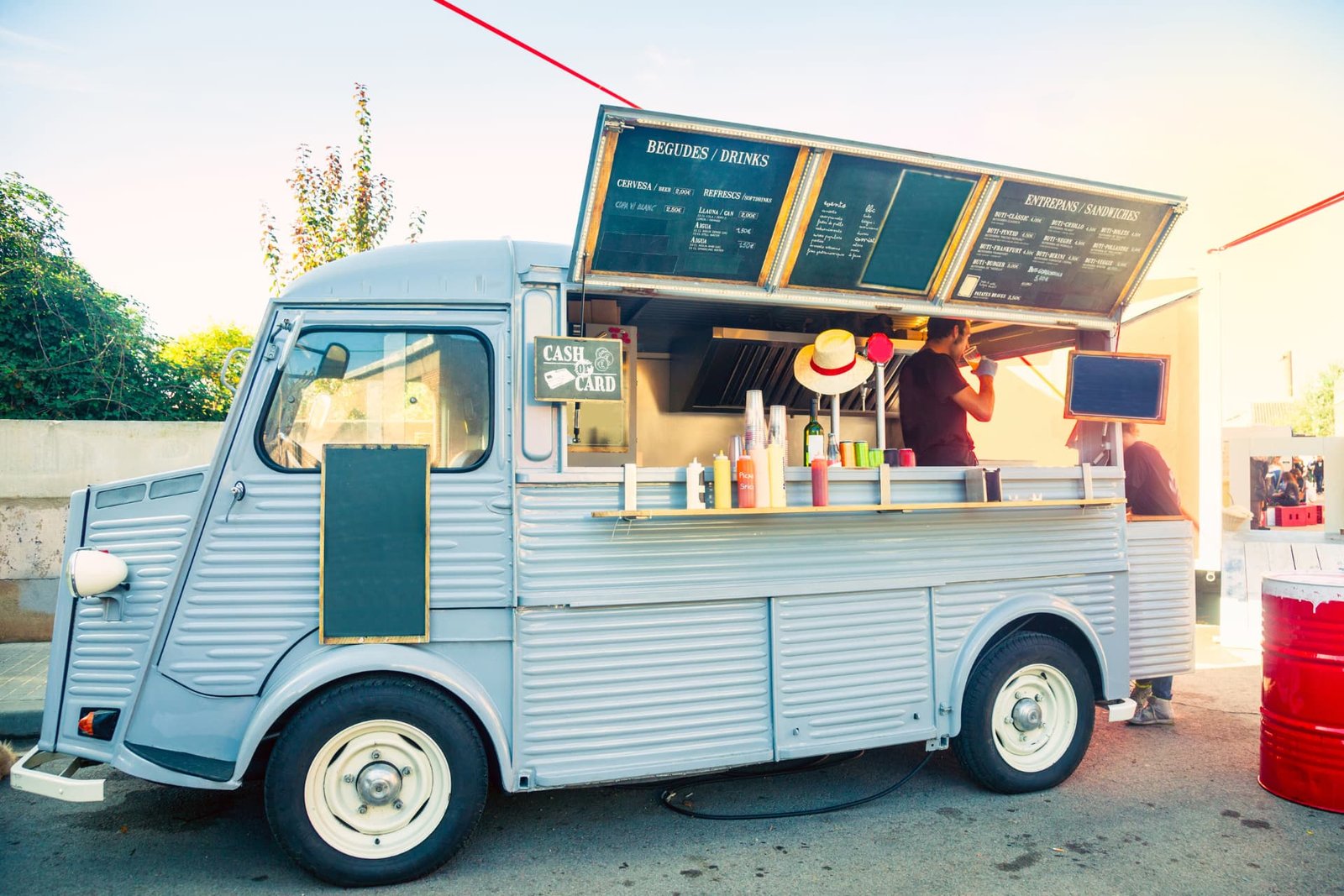
What are the biggest challenges food truck owners face?
- Long working hours: Food truck entrepreneurs frequently work long hours, including late evenings and early mornings, managing the different activities required to run the business.
- Food waste: Food trucks should work on reducing waste. If a planned site does not work out as anticipated, it is a wonderful idea to collaborate with shelters and donate unused food.
- Competition: The rising competitiveness in the food truck scene necessitates a prompt response from food truck proprietors. Examine what other food trucks are serving, think about changing your menu, and provide incentives to food truck patrons (such as loyalty programs, discounts, or promotions).
- Equipment and Maintenance Costs: The expense of equipment maintenance and repairs (such as the truck, refrigeration systems, and cooking appliances) can be substantial. To ensure continuous operations, you should invest in your food truck equipment and manage any maintenance costs that arise.
Start with Market Research
To begin, determine if there is a demand for your offer. To do this, you must undertake market research and consider the following aspects:
- Demographic Profile of the Local Population.
- Current food-related enterprises in the area
- Established restaurant ideas in the area.
- Peak hours on crowded roadways where potential customers are commuting.
- Suitable areas for food truck operations and sales.
Create a Food Truck Concept
After you’ve completed your market analysis, it’s time to brainstorm and choose a food truck idea. Look for good food truck names and consider branding, logos, and colors. Remember that being unique is essential to attracting potential customers. A well-planned concept and an appealing logo can significantly impact your customers’ decision to purchase from your food truck or not.
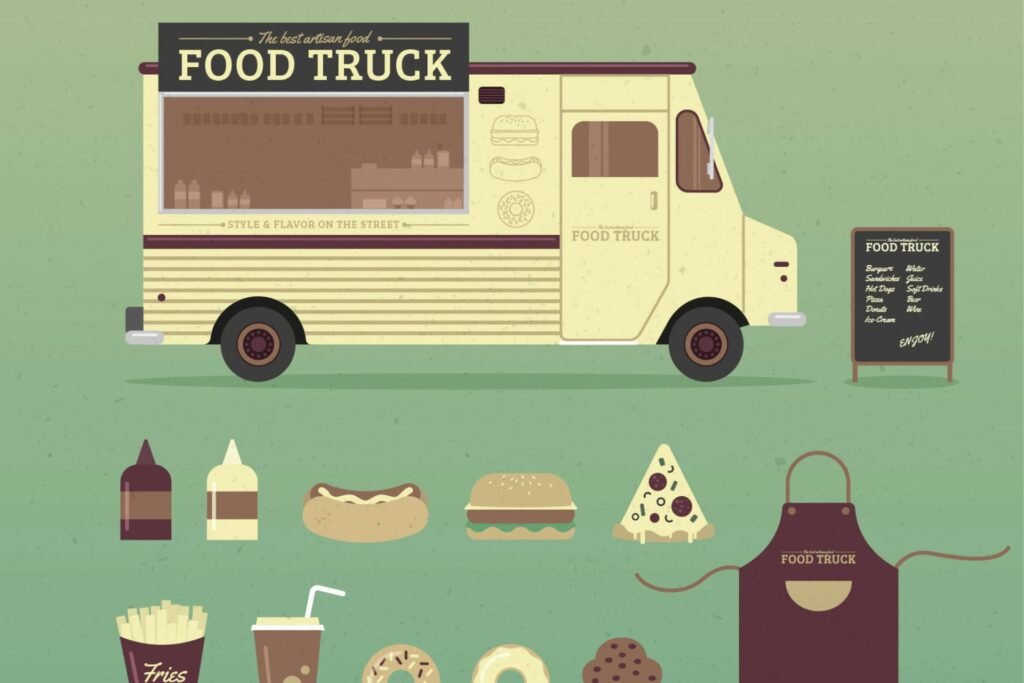
Write a Business Plan
Conducting market research and developing a food truck concept are required to produce a business plan. Writing a business plan allows you to focus on the intricacies of your business idea.
A comprehensive business strategy is required when negotiating with possible investors or lenders. It prepares you to answer questions regarding the growth of your food truck, target clients, competition, beginning costs, and short and long-term financial projections. Check out our guide on drafting a food truck business plan and start a food truck business.
Get a food truck
Purchasing a food truck vehicle is a significant consideration when planning how to start a food truck business. If you are wondering how to get a food truck, consider the following before making your decision:
- Lease or Ownership: First, you must determine if you want to buy your own food truck or seek a more flexible option such as leasing or renting a food truck from leasing firms or other food truck owners. The second approach will greatly reduce your food truck’s startup costs.
- New or Used Vehicle: You have two food truck purchase options: acquire a brand-new food truck from food truck merchants or explore purchasing a secondhand food truck from prior owners. The second choice will be significantly cheaper.
- Customizations: This option includes transforming a business truck into a restaurant truck. You will most likely need expert customization and adjustments for this purpose in order to comply with legislation pertaining to mobile food facilities.
Buy food truck equipment
To start a food truck, you need to purchase cooking equipment. In order to ensure smooth food truck operations, you will need the following items:
- Cookware and Appliances: Cookware refers to various pots, pans, and other vessels used for cooking and food preparation. Other appliances include ovens, stovetops, grills, blenders, food processors, microwaves, and toasters.
- Food Preparation Tools: include, for example, chef’s knife, cutting boards, mixing bowls, measuring cups and spoons, work tables, cookware, kitchen utensils, and kitchen thermometers.
- Cooling and Storage: Help to maintain menu items at safe temperatures and prevent spoilage. These items include:
- Prepare tables.
- Refrigeration unit, walk-in cooler, or freezer.
- Shelving and Storage Containers
- Ice storage containers or machines.
- Cooling equipment
Hire qualified staff

Hiring personnel for your food truck is more complicated than hiring for a restaurant. In addition to obtaining the proper licenses and permissions as a business owner, your employees must receive a mobile food vendor badge. It is important to note that obtaining a mobile food vendor badge usually takes about four months.
Buy food and ingredients
To start a food truck, you need to purchase food and ingredients necessary to cook your menu items. As a food truck owner, you need to focus on building strong business partnerships with your food suppliers. If you plan to serve food during festivals and other events, remember that in such a case, you will need more ingredients and supplies than while working on an everyday basis. A successful food truck business requires careful planning and keeping an eye on stocks of individual ingredients for preparing meals from the food truck menu.
Create a marketing and branding strategy
A food truck branding plan is essential for food trucks. For example, you may choose a food truck slogan. Brand recognition can be boosted by focusing heavily on social media presence. Promoting your food truck business through social media networks is essential. That’s why you should set up social media accounts for your food truck.
You must routinely update your location and post images and videos of your wonderful goods. Check out our guide to restaurant marketing methods and ideas for inspiration.
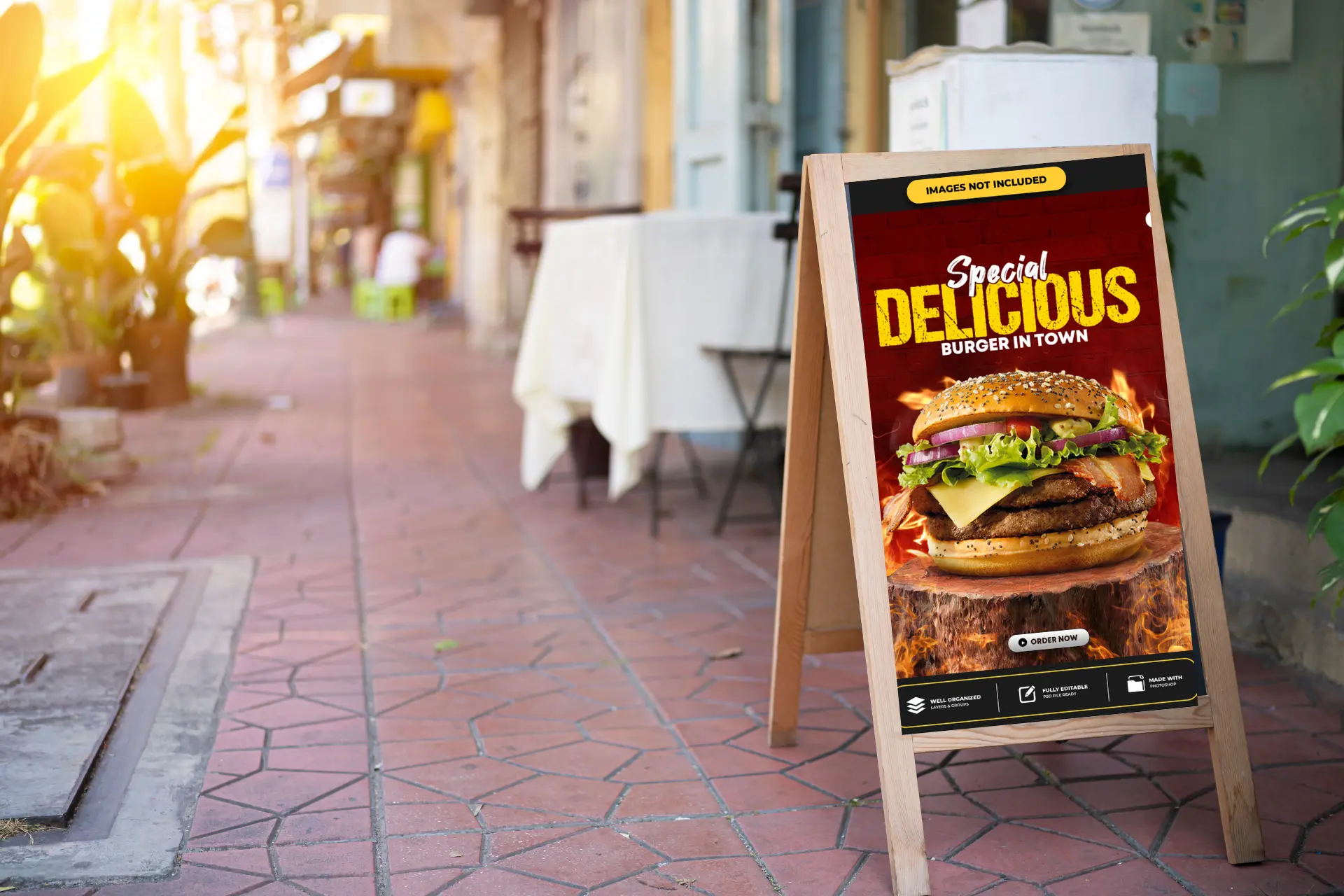
Marketing
We grow brands online
How to promote a food truck
Focus on social media – In today’s society, managing social media outlets is essential. A food truck fan page is an excellent location to communicate with the target market about current offers, promotions, discounts, and participation in various events such as festivals. Many food truck owners use social media platforms to inform customers on their food truck’s current position.
Create a restaurant website – Bring your culinary vision to life with a stunning restaurant website! Our web development service ensures your site is not only visually appealing but also user-friendly and optimized for online reservations. From responsive designs to menu showcases, we create websites that attract diners and drive bookings. Let us help you establish a strong online presence and grow your restaurant business!
Add your food truck website to review pages like Yelp : Establishing a food truck profile on websites such as Yelp is crucial in order to collect evaluations regarding your eatery. Remember to create a Google Business Profile for restaurants so that you may collect food truck reviews on Google.
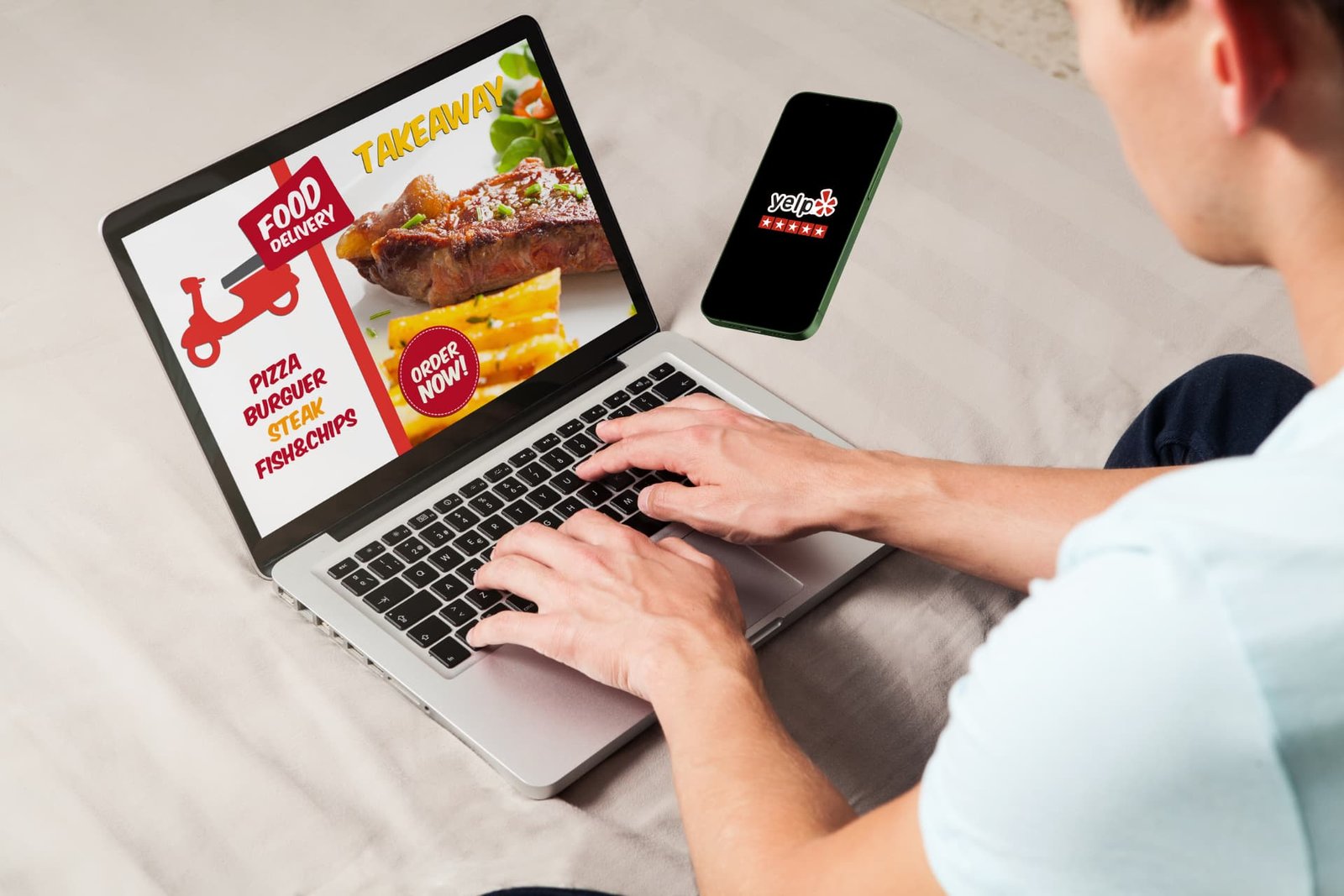
Launch Your Food Truck Business
After conducting a test run for your family and friends and incorporating changes based on their feedback, you are ready to launch your food truck business. Launch your food truck with a basic menu to gauge interest from potential consumers. Listen to your customers‘ feedback on the packaging, menu items, and pricing. Consider cooperating with other food truck entrepreneurs to collect data on food truck business operations. Look for ways to promote your business and participate in forthcoming festivals and events.
Start selling online
More than half of all food orders in the restaurant service business are now placed online. Embrace this trend by adding a food ordering system to your restaurant’s website, allowing you to tap into the burgeoning market of online transactions.
Getting started with online sales for your restaurant is straightforward; simply select a menu template, add your products and pricing, establish delivery locations, and activate the menu on your website. To help you get started with online selling, we’ve created a step-by-step instruction on how to set up an online ordering system and start a food truck business.
